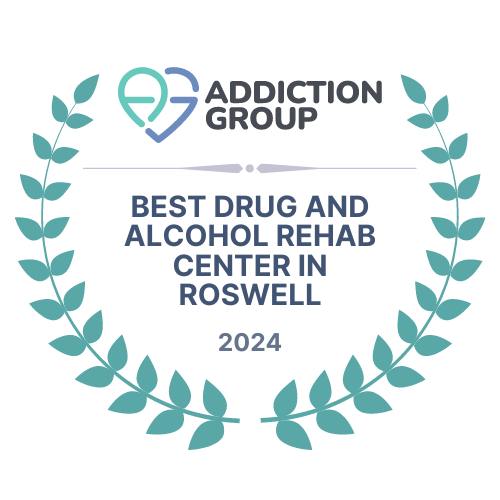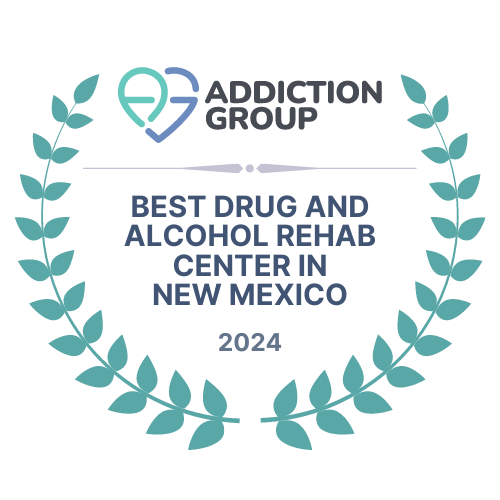Fentanyl, a name that has increasingly become synonymous with the opioid crisis, is a powerful synthetic opioid that has been a central figure in the surge of overdose deaths in recent years. This article aims to shed light on what fentanyl is, why it’s so potent, and the risks it poses to individuals and communities.
What is Fentanyl?
Originally developed for pain management treatment of cancer patients, fentanyl is a synthetic opioid, meaning it’s made in a lab and designed to mimic the pain-relieving effects of naturally occurring opiates like morphine. However, fentanyl stands out due to its extraordinary potency. It is estimated to be about 50 to 100 times more potent than morphine and 50 times more potent than heroin.
Why Is Fentanyl So Potent?
The potency of fentanyl can be attributed to its chemical structure. Fentanyl binds very quickly and strongly to the opioid receptors in the brain, which are responsible for controlling pain and emotions. When opioid drugs bind to these receptors, they can drive up dopamine levels in the brain’s reward areas, producing a state of euphoria and relaxation. The high potency of fentanyl means that a very small amount can have a significant effect.
The Risks of Fentanyl
The high potency of fentanyl also contributes to its risk, particularly when it comes to the likelihood of overdose. Since it is so potent, it is very easy to take a lethal dose. Fentanyl’s potency also means that it can be deadly even in small amounts, making it extremely dangerous for people who might ingest it unknowingly. This is often the case when fentanyl is mixed with other drugs, like heroin or cocaine, without the user’s knowledge.
Fentanyl on the Streets
Illicitly manufactured fentanyl has been a major contributor to the rise in overdose deaths. This fentanyl, often produced in labs and then smuggled into countries, is sold on the streets, sometimes disguised as other drugs or mixed into them. This has led to a significant increase in accidental overdoses, as users are often unaware of the presence of fentanyl in what they are consuming.
Symptoms of Fentanyl Overdose
Recognizing the signs of a fentanyl overdose is crucial. Symptoms can include slowed or stopped breathing, severe sleepiness, an inability to respond or wake up, slow or irregular heartbeat, cold and clammy skin, and narrowed or pinpoint pupils. An overdose of fentanyl requires immediate medical attention and is often treated with naloxone, a medication designed to rapidly reverse opioid overdose.
Addressing the Fentanyl Crisis
Combating the fentanyl crisis requires a multi-faceted approach. This includes increasing awareness about the dangers of fentanyl, ensuring access to treatment for substance use disorders, expanding the availability of naloxone, and implementing harm reduction strategies. Public health initiatives also play a critical role in educating communities about the risks of fentanyl and providing resources for prevention and treatment.
Conclusion
Understanding the inherent dangers of fentanyl is a crucial step in addressing the opioid epidemic. Its extreme potency and the ease with which it can cause an overdose make it one of the most dangerous drugs on the streets today. By raising awareness, enhancing prevention and treatment strategies, and supporting those affected by its use, we can work towards mitigating the impact of this potent opioid.
At Renew Health, we stand ready to guide you on your journey to recovery, offering personalized support and evidence-based care. Let this be a call to action—reach out, engage in the conversation, and take the decisive step toward a healthier, substance-free future. Together, we redefine the narrative on addiction, fostering understanding and empowerment. Your story of recovery begins now.








